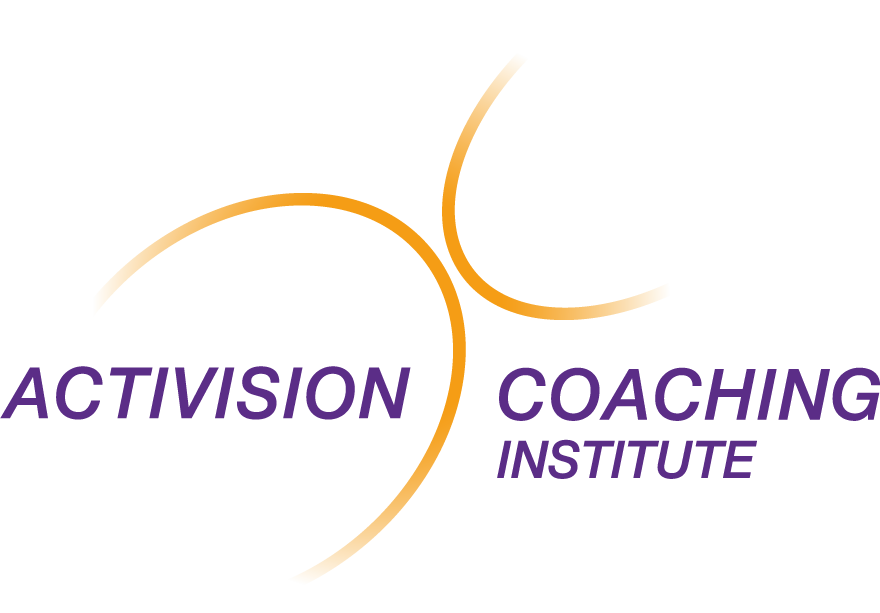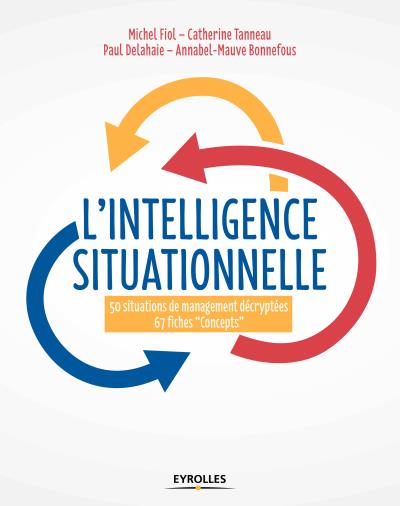Training HRD’s in coaching: a strong lever to accompany transformations
For the past five years a coaching training program, internationally accredited by ICF, has been conducted with the HR community of a large international group, on three continents with more than 150 people trained. Catherine Tanneau and Paul Delahaie, leaders of the Activision Coaching school and Denise Sin Blima, head of teaching, share their experiences here: the impacts observed at different levels and avenues for reflection to support transformation processes.
What leads a large international group to train its HR teams in coaching in a context of transformation?
This coaching training program supports a major program to transform managerial culture and also responds to a need expressed by the HR community. It aims to provide coaching posture and tools to accompany the changes underway and to better prescribe coaching actions for greater effectiveness. All HR managers around the world have been involved: HR Directors, Training and Development Directors, Recruitment Directors, Talent Development Managers, etc. The program has been deployed in French and English in three areas (Europe, Americas, Asia-Pacific). The power of external coaching as a lever of transformation was already recognized and used for managers and their teams. But the value of equipping the HR function as a whole was an innovation! All the more so as it was not envisaged to create internal coaching functions, but rather to integrate new skills into the HR function. The choice of a program accredited by the International Coach Federation is key. The international character, the rigor of the ethics and the skills reference system offered an international guarantee of consistency and professionalism.
What was the dimension of the project and how was it welcomed in the company?
For the past five years, we have been training the entire HR community on three continents, i.e. more than 150 people have been trained. We have observed in all countries that the coaching posture has its place in the professionalism of an HR expert today. Today, it is one of the company’s most popular programs, and has been successfully opened up to volunteer managers (members of the Executive Committee, Area or Country Directors, etc.) as promotions progress.
Specifically, what were the impacts on the participants themselves?
All the participants testify to its usefulness for themselves, for their personal and managerial development and in the daily exercise of their HR job. All of them say that they have made progress in their listening skills, their presence with others and their ability to ask questions in order to provoke reflection or more elaborate responses from employees. Nearly 85% of them say they are better at conducting their assignments and fostering closer relationships with employees. These skills were seen as essential for them in all areas of their HR work, particularly in conducting career development interviews. Three-quarters of the participants noticed a positive impact in interpersonal relations, teamwork and cooperation in their meetings and cross-functional projects. Learning coaching skills improves the ability to find concrete solutions and allows for the exchange of constructive feedback. This helps everyone to break out of their silo and work better with colleagues from other countries or divisions or professions. Like this zone HRD, most participants say they have experienced a real personal transformation: “There was a before and after! I experienced this journey as a real personal transformation. The results have manifested in all spheres of my professional life, particularly in my HR function.
Does the coaching posture change the way Human Resources is practiced?
Trained HR directors and managers tell us that they have developed an “HR-Coach” role more systematically and with more discernment. They realize that they often carried the weight of the solution to be proposed to managers, teams and employees. A coaching stance at certain times allows them to strengthen their role as business partners while maintaining a fair distribution of responsibility. In fact, trained HR people move from a position of directive giver to a position of talent developer and catalyst of individual or collective energy. In other words, in the jargon of coaches, from “high to low position”, less advice, more support and finally a real activation of the employee’s potential and therefore a definite impact on “empowerment”. There is also a better prescription: discovering in-depth and experimenting with ICF’s skills and code of ethics led HR participants to question their prescription process and the choice of external coaches in line with the situation. This resulted in a better use and effectiveness of coaching.
How does providing coaching skills facilitate the deployment of a transformation?
This coaching training program has had a spin-off role in the development of a new management culture: more than 85% of the participants testify to the contribution of this program in supporting the company’s transformations and in increasing the skills of HR in this role of change facilitator. These impacts reinforce our belief that HR people need to be trained in coaching skills in order to be able to support changes in the HR function over the next few years. According to a recent study by ANDRH**, 95% of tomorrow’s HR will be a “HR- personal advisor” and coach of people and their trajectory and a “transforming” HR (coach of transformations).
More generally, do you think that coaching skills can be disseminated more widely to support major transformations?
Yes, it is desirable to train a large number of managers in coaching skills and tools to facilitate the transition from top-down management to an engaging and growing management. This presupposes the diffusion of the coaching culture: external or internal, individual or collective, and the mobilization of key players. But this is critical because the “Y, Z and Digital natives “*** generations, more than 50% of the workforce by 2020****, expect management that brings meaning and freedom of action. One of our trained leaders confirms this: “Everyone should take this path: it has permanently changed my way of leading and it creates mobilization and motivation around me. (…) this change of posture is a real revolution for a boss used to talking and ordering…”. We believe that this contributes to the development of a new form of organization deliberately oriented towards the development of people. We believe with a number of fellow coaches and academics***** that this is absolutely necessary in our globalized and digitalized world of the 21st century in search of performance but also of humanity and meaning.
* Interview granted to ANDRH’s magazine “Personnel” – Special Training Series.
** Study conducted in 2017 by ANDRH with AGRH, which highlights a number of scenarios for the HR function.
***Y, Z and digital natives: young adults born between 1980 and now
**** Studies conducted by BNP Paribas and Deloitte between 2014 and 2016
***** Notably, MIT Professors Robert Kegan and Leslie Lahey, co-authors of the book “DDO – Deliberately
Other posts
Previous post :

ONLINE COACHING CERTIFICATION
Next post :
Remote and local management or how to invent the management of tomorrow ?


